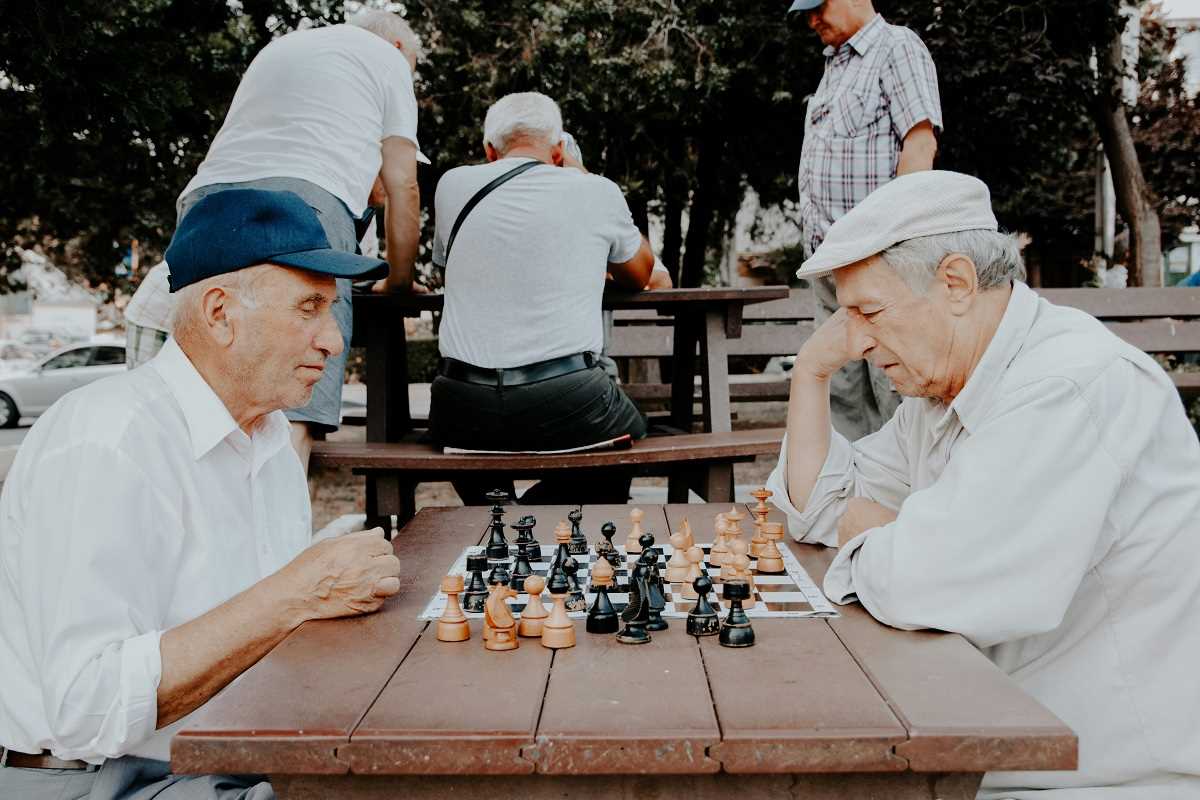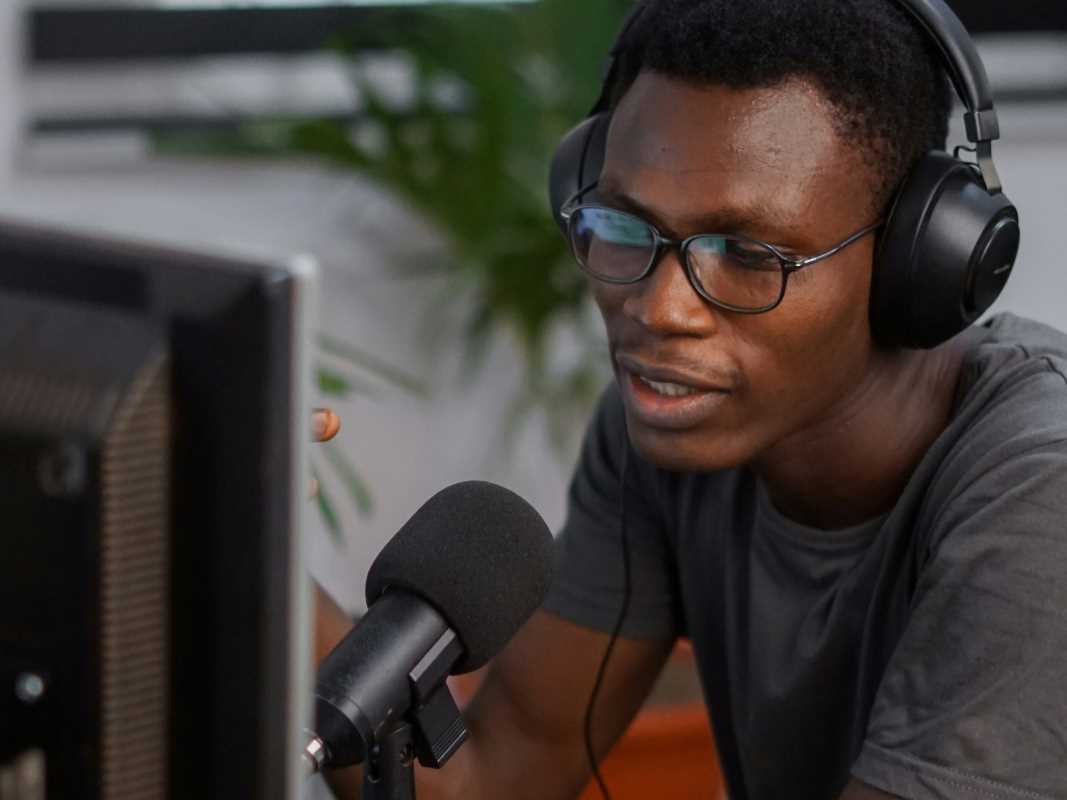You've probably walked past a chess board in a coffee shop, watched chess scenes in movies, or seen people playing in parks and wondered if you missed your chance to learn. Maybe you think chess is only for kids who started at five years old or for brilliant minds who can think ten moves ahead. Here's the truth: chess doesn't care about your age, background, or how long it took you to figure out your college major.
Chess is having a major moment right now, and it's not just because of Netflix shows. Millions of people worldwide are picking up the game for the first time as adults, and many are finding it more rewarding than any hobby they've tried before. Whether you're 22 or 62, chess offers benefits that go way beyond the board.
Your Brain Loves New Challenges
Remember how good it felt when you finally understood calculus or mastered that presentation software? Your brain craves new challenges, and chess delivers them in spades. When you learn chess as an adult, you're not just memorizing rules – you're building new neural pathways and strengthening your problem-solving skills.
Research shows that learning chess can improve memory, increase focus, and even help prevent cognitive decline later in life. Unlike passive activities like scrolling social media, chess forces your brain to work actively. Every move requires you to analyze the current position, consider your opponent's plans, and think ahead to future possibilities.
The best part? You don't need to become a grandmaster to get these benefits. Even casual play can boost your mental fitness and keep your mind sharp during those post-graduation years when you might feel like your brain is turning to mush.
Starting From Zero Is Actually an Advantage
Think starting as an adult puts you at a disadvantage? Think again. Adult learners often progress faster than children because they bring better focus, patience, and analytical thinking to the table. You understand concepts like cause and effect, long-term planning, and risk assessment – all crucial chess skills.
Kids might learn the moves quickly, but adults understand the why behind each strategy. When you learn that controlling the center of the board is important, you can grasp the reasoning immediately. You don't need years of trial and error to understand that some sacrifices are worth making for a bigger advantage later.
Plus, you have something many young players lack: emotional control. Chess can be frustrating, especially when you're learning. Adults are generally better at handling losses, learning from mistakes, and staying motivated through the inevitable losing streaks that come with improvement.
The Modern Learning Advantage
Today's chess learners have access to resources that previous generations could only dream of. Online platforms like Chess.com and Lichess offer free lessons, puzzles, and the chance to play opponents at your exact skill level. You can learn at your own pace, on your own schedule, without the intimidation of joining a club full of experienced players.
YouTube channels break down complex strategies into bite-sized lessons. Chess apps let you practice tactics during your commute. Online coaches can provide personalized instruction without the high cost of traditional lessons. You can even watch live commentary of professional games to see how masters think through difficult positions.
This technology-driven approach to learning chess is perfect for recent grads who grew up with smartphones and learned everything from cooking to coding through online tutorials. Chess education has finally caught up with how you naturally learn.
Building Mental Muscles You'll Use Everywhere
Chess isn't just a game – it's a workout for skills you'll use in every part of your adult life. Decision-making under pressure? Check. Analyzing complex situations with incomplete information? Absolutely. Learning from failures and bouncing back stronger? Chess teaches that too.
In job interviews, you'll find yourself naturally thinking through different scenarios and their outcomes. During workplace conflicts, you'll be better at seeing situations from multiple perspectives. When facing big life decisions, you'll have practice weighing pros and cons systematically.
Chess also teaches patience and delayed gratification – skills that are increasingly rare in our instant-everything world. You'll learn to work toward long-term goals, even when short-term setbacks make progress feel impossible. These lessons transfer directly to career building, relationship management, and personal development.
The Social Side You Didn't Expect
Contrary to the stereotype of chess as a lonely pursuit, the chess community is incredibly welcoming and social. Local chess clubs are always excited to see new faces, regardless of skill level. Many clubs have beginner-friendly nights and casual tournaments that focus more on fun than competition.
Online chess communities offer forums, study groups, and chat features that let you connect with players from around the world. You'll find study partners, mentors, and friends who share your interest in improvement. The chess community values effort and sportsmanship over raw talent, making it easier to find your place.
Chess also gives you a universal language. Whether you're traveling, starting a new job, or moving to a new city, mentioning that you play chess often leads to immediate connections. It's a hobby that crosses cultural and language barriers, opening doors to relationships you might never have found otherwise.
Setting Realistic Expectations and Goals
The key to enjoying chess as an adult beginner is setting appropriate expectations. You probably won't become a master, and that's perfectly fine. Focus on personal improvement rather than comparing yourself to others. Celebrate small victories: solving your first tactical puzzle, winning your first game, or successfully executing a strategy you've been practicing.
Set learning goals that match your lifestyle. Maybe you want to learn one new opening, solve ten puzzles a week, or play three games a month. Consistency matters more than intensity. Fifteen minutes of daily practice will take you further than cramming chess study into weekend marathons.
Remember that improvement in chess isn't always linear. You'll have breakthroughs followed by plateaus, good days and bad days. This mirrors real life, where progress often feels frustratingly slow until suddenly it doesn't.
Making Chess Fit Your Adult Life
The beauty of chess is its flexibility. You can play a quick five-minute game during lunch break or settle in for a longer match on weekends. Online play means you're never dependent on finding opponents or traveling to tournaments. You can study chess theory while listening to music, solve puzzles while watching TV, or play games while video chatting with friends.
Chess also scales with your available time and energy. During busy periods, you might just do a few tactical puzzles. When life calms down, you can dive deeper into strategy books or join online tournaments. The game adapts to your schedule, not the other way around.
Your Chess Journey Starts Now
Every chess master was once a beginner who played their first game badly. The difference between someone who becomes good at chess and someone who doesn't isn't natural talent – it's persistence and enjoyment of the learning process.
Your age isn't a barrier; it's an asset. Your life experience, analytical skills, and ability to focus will serve you well on the chess board. The chess community is waiting to welcome you, and the mental benefits start from day one.
So download that chess app, watch that beginner tutorial, or visit that local chess club. Your first game might be awkward, your first few losses might sting, but you'll be starting a journey that enriches your mind, connects you with others, and provides a lifetime of intellectual challenges.
Chess doesn't care when you start – it only cares that you do.
 (Image via
(Image via





